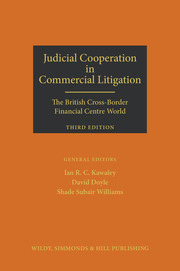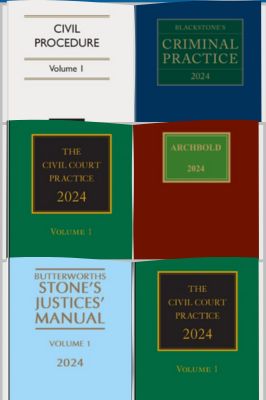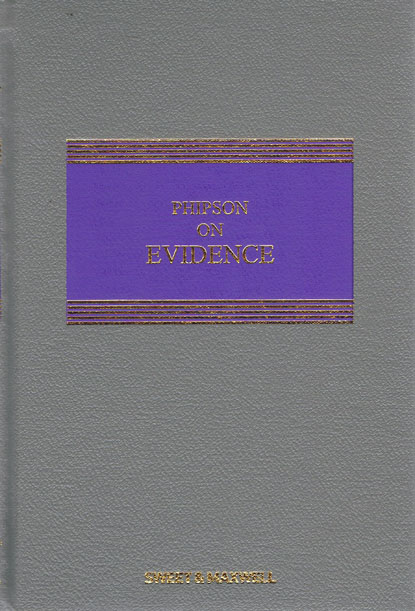Judicial Cooperation in Commercial Litigation 3rd ed (The British Cross-Border Financial Centre World)

Ian Kawaley, David Doyle, Shade Subair Williams

Offers for Newly Called Barristers & Students
Special Discounts for Newly Called & Students

Read More ...
